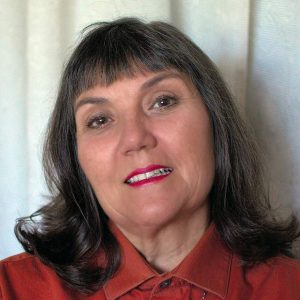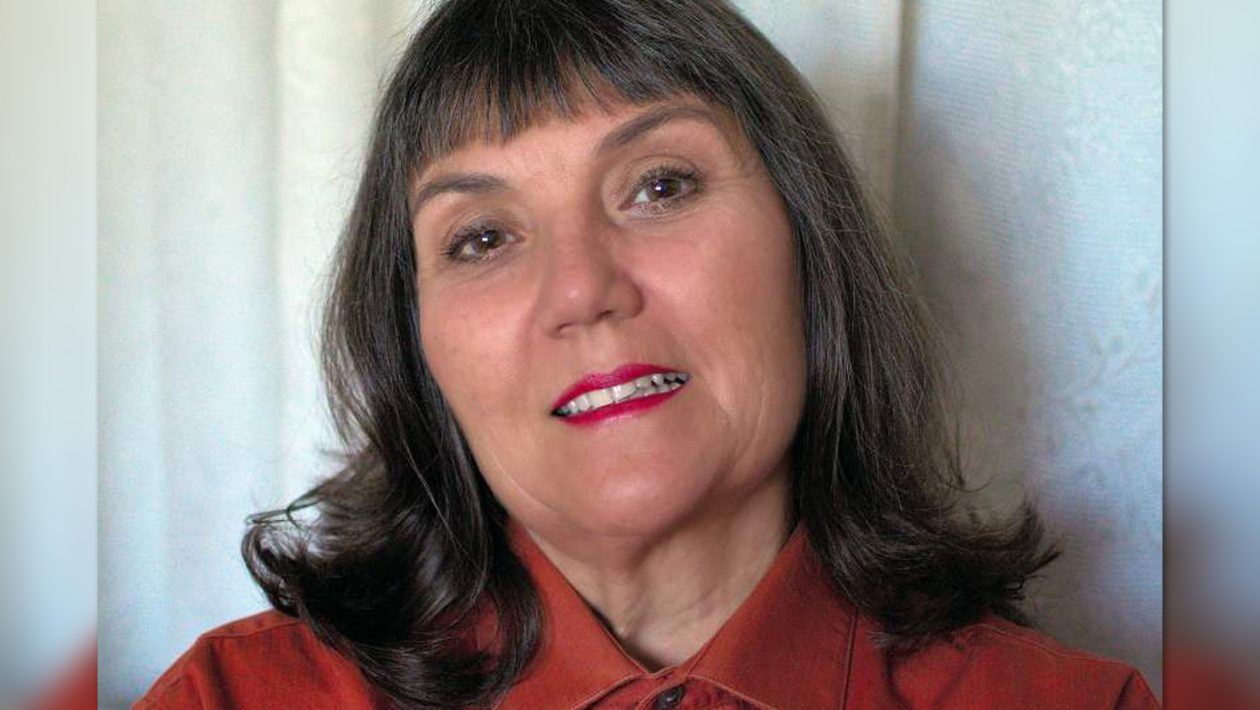
MARTINEZ, Calif. – Martinez residents interested in the city’s voting districts may attend a California Common Cause and Thousand Friends of Martinez forum on the topic March 27 at the Veterans Memorial Building.
Helen Grieco, an activist with California Common Cause, will address the forum.
Thousand Friends of Martinez, a citizens group, is calling for an independent redistricting commission to determine voting districts, especially since districts must be redrawn after the next federal census.
In announcing the forum, Common Cause and Thousand Friends of Martinez both said that Martinez gives incumbents the power to draw their own districts, which it also said the Center for Voting and Democracy views as a conflict of interest.
“While the City Council technically followed the letter of the law by opening the process to public hearings, little public input was incorporated into the final map and the map which was adopted reflects the City Councilmembers’ primary consideration…to protect their own seats,” their announcements said.
Separately, Thousand Friends has said that the one person-one vote required by law requires redrawing the Council districts every 10 years to maintain substantially equal populations.
On its website, the organization has said, “Redistricting is at the heart of representative democracy. At its best, redistricting creates cohesive districts that keep neighborhoods and communities of interest intact, giving these voters a political voice in city decision making. At its worse, redistricting is an incumbency-protection plan or a partisan tool for a legislative majority to retrain or expand its influence.”
Martinez residents voted by district for the first time Nov. 6, 2018, after the city changed to by-district voting.
The change came after the city received a demand letter in October 2017 from Malibu attorney Kevin Shenkman, who has a history of sending similar letters to elected bodies, accusing them of using at-large voting systems to dilute the votes of minorities. He wrote the Council that he represented a San Antonio, Texas, activist organization.
As of the 2010 United States Census, Martinez had 35,824 residents of which 33,583 (93.7 percent) said they are of one race and 30,566 (85.3 percent) said they are not Hispanic or Latino.
The U.S. Census said Martinez has 24,604 white residents (68.7 percent), 1,263 black or African-American residents (3.5 percent); 163 Native American or Alaska Native, (0.5 percent); 2,810 Asian residents (7.8 percent); 99 Native Hawaiians or Pacific Islanders (0.3 percent); 67 who said they are of some other race (0.2 percent); 1,560 residents of two or more races (4.4 percent) and 5,258 Hispanic and Latino residents (14.7 percent.)
The city was not the only agency to receive such a letter. Shenkman sent a virtually identical letter to the Martinez Unified School District.
In both cases, Shenkman accused the agencies of violating the California Voting Rights Act, of exhibiting racist attitudes and of diluting minority voters’ ability to elect the candidates of their choice. He particularly focused on Hispanics and Latinos.
If the agencies did not change to by-district voting, they would face legal action, Shenkman wrote.
Both the city and the school district denied Shenkman’s accusations. In fact, the Council in particular was 20 percent Hispanic-Latina when AnaMarie Avila Farias was elected to the panel with the largest number of votes.
She left the Council after her first term to challenge District 5 Contra Costa County Supervisor Federal Glover in the 2016 election. Although she was popular with Martinez voters, she failed in her bid for the county seat.
Nothing that Shenkman has not lost challenges in court, both the Council and the Board of Education voted to change to district voting.
They recognized how Palmdale fought Shenkman in court, only to lose, spending $7 million on the fight and another $4.6 million on attorney compensation. A court decision imposed by-district voting on the city, although the decision allowed the mayor to remain an at-large decision.
Agencies that vote to proceed with districting must reimburse an accuser up to $30,000 for expenses, a limit set by the Legislature.
In the school district’s case, the Board of Education has a rotating president, and chose to put five districts into place.
But the City Council has an independently elected mayor. Citing previous elections in which voters chose to make the mayor’s seat an elected position and reaffirmed it by extending the mayor’s term to four years, the Council chose to create four Councilmember districts and keep the mayor election at-large.
Advisors said the Council would have risked legal jeopardy if options were put in front of voters, since the state’s window of protection was a mere three months, ending March 6, 2018. Also, if voters had preferred at-large elections, Shenkman would pursue his lawsuits, advisors warned.
The city and the school district hired separate demographers, since their voting boundaries are not congruent.
The City Council and mayor are chosen only by those living in the city limits. The school district does not include all of Martinez, since portions belong to the Mt. Diablo Unified School District and part of the Martinez district covers portions of unincorporated Contra Costa County.
The school district’s election change hearings drew little public comment. However, the Council’s efforts brought a variety of speakers to the mandated public hearings.
Some called for making the mayor seat a rotating position, similar to the Board of Education’s presidency. Others, such as Greg Colley, a member of Catholics United for Justice, spoke favorably about encouraging public engagement, especially by those united by a language or their schools.
A few members of the public submitted their own maps for districting, but none met the state and federal voting law requirements of equally balanced, “one person, one vote” in each of the districts. Population differences in each of the districts had to be less than a combined 10 percent, challenges noted by the city’s demographic consultant, National Demographics Corp., which drew its maps.
Others expressed their distaste that an outside attorney representing a Texas group had forced the Council’s hand, and some worried that districting would “Balkanize” the city, polarizing Councilmembers and residents as they focus only on their section of Martinez.
The Council directed its consultant to draw lines so each district was a microcosm of the city in general, rather than have one seat represent the downtown, another represent residents south of California Highway 4 and other sections. They sought to increase representation of those living south of Highway 4 and avoid Balkanizing.
Critics pointed out that the districts were irregular, didn’t acknowledge naturally occurring areas of common interest or neighborhoods, and assured each incumbent had a district.
The Thousand Friends (http://www.thousandfriendsofmartinez.org/) have called the districts an example of gerrymandering, and said the city has been out of compliance with the California Voting Rights Act “for 17 years.”
They pointed out that the districts avoided having incumbents run head-to-head for a single district and that the Contra Costa County Elections Department removed physical polling sites for many precincts.
Since districts have been put in place, Martinez residents Felix Sanchez and Nancy Noonan, represented by Shenkman, have filed a lawsuit objecting to the adopted maps.
Those maps, even if they survive the challenge, must be redrawn once the 2020 United States Census is complete. The state of California also will redraw its state and federal voting districts, a job undertaken by an appointed panel of citizens.
The Thousand Friends are suggesting the citizens independent redistricting commission follow five principles, that it established in the municipal code and has sole authority to adopt new district maps; that the commission is independent of political control; that it reflect Martinez’s diverse ethnic economic, gender, sexual orientation and political neighborhoods; that it promotes representative districts that keep neighborhoods and communities of interest intact; and that it conduct its business in public and seek public participation in drawing district maps.
The speaker at the upcoming Common Cause forum, Greico, first became one of its Northern California organizers in 2010, She educates other activists on issues and tactics, recruits new members and organizes groups on campuses and with community groups and among professionals.
She deals with multiple topics, including campaign finance reform, government accountability, voting rights and reform, media reform, fair elections campaigns, legislation, initiatives and redistricting.
Greico founded Our Media Voice, BRAVE People, Defending Ourselves Self-Defense School and DG Academy.
She is the former executive director fo the California National Organization for Women. She earned a bachelor degree in women studies from San Francisco State University, and a master degree in clinical psychology from Antioch University.
Common Cause(www.commoncause.org) has published its own handbook for redistricting activists, available online at file:///C:/Users/Owner/Downloads/redistricting-activist-handbook-1.pdf.
The organization has joined with the University of the Pacific and McGeorge School of Law in the California Local Redistricting Project (http://www.localredistricting.org/) to provide educational resources and assistance to local jurisdictions interested in moving toward independent redistricting. The James Irvine Foundation is underwriting the project.
The forum will start at 7 p.m. March 27 at the Veterans Memorial Building, 930 Ward St. Those interested may call 415-531-1774 or email hgrieco@common cause.org.





